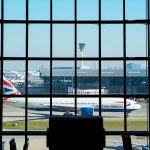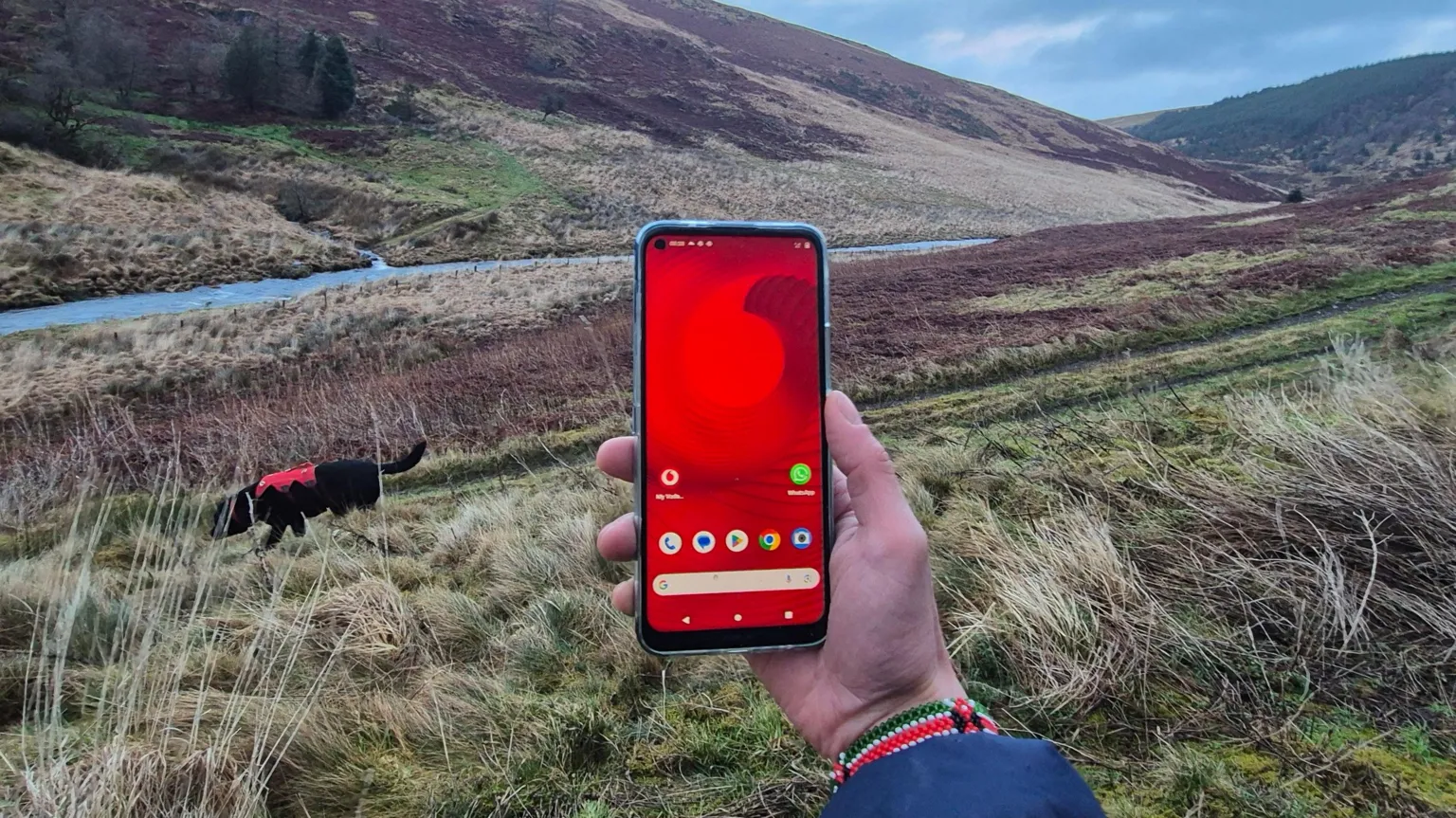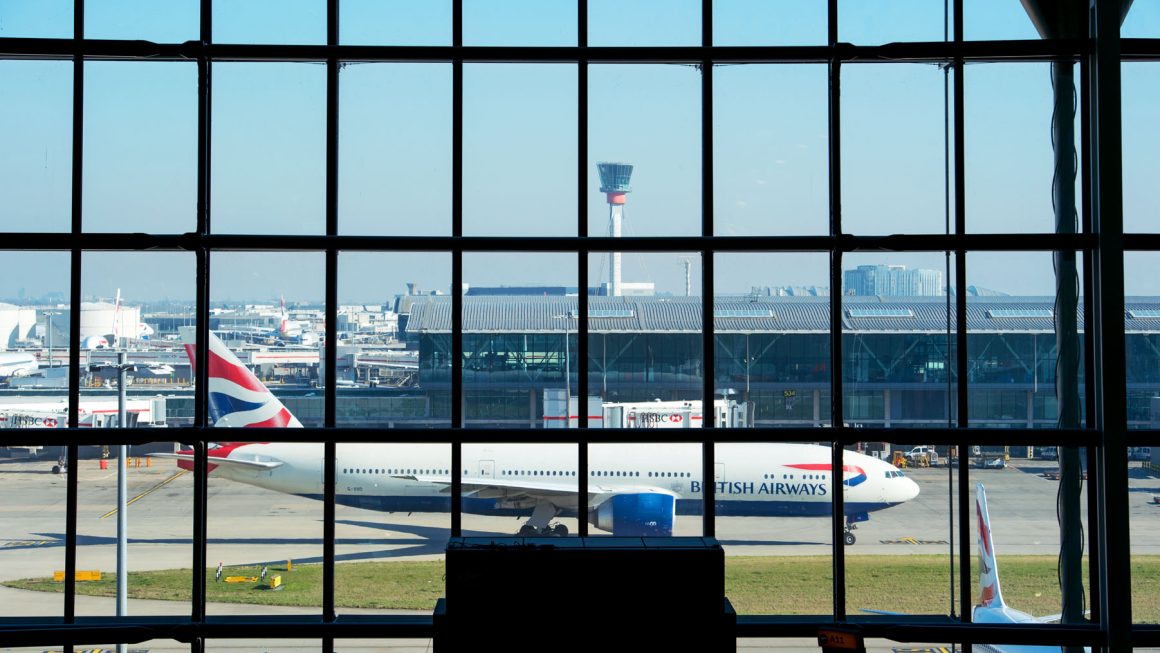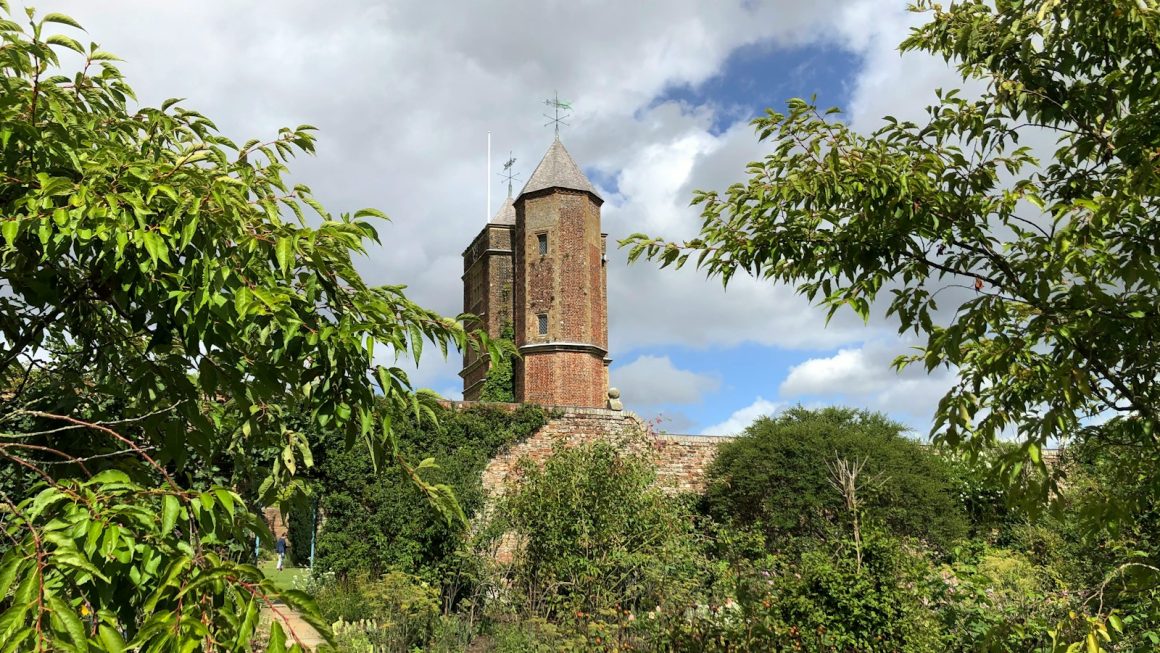In a breakthrough for rural connectivity, Vodafone has achieved a UK first by completing a video call via satellite from a remote Welsh mountainside, marking a significant step toward eliminating the country’s notorious mobile “not spots.”
The landmark call, made from Ceredigion in West Wales, demonstrates how everyday smartphones could soon maintain connections in areas previously plagued by poor signal. According to Ofcom, approximately 9% of the UK currently lacks reliable mobile coverage.
Vodafone CEO Margherita Della Valle describes the technology as creating “antennas in the sky,” promising universal connectivity for British mobile users by the end of 2025. The service will require no additional equipment for customers, though pricing details remain under wraps.
The company has partnered with AST SpaceMobile for the initiative, though experts point out that significant challenges remain. Luke Pearce from CCS Insight notes that the satellite company needs to “build out a full constellation” before consistent coverage becomes possible.
However, the push for better connectivity has sparked debate within the scientific community. Astronomers warn that the increasing number of satellites in low Earth orbit could hinder crucial research, including the detection of potentially hazardous asteroids.
British astronaut Tim Peake has weighed in on the controversy, suggesting there’s “plenty of room” in space while advocating for better regulation of satellite deployment and removal.
The service faces regulatory hurdles, with Ofcom planning to consult on satellite-to-phone services in early 2025. If successful, Vodafone aims to expand the technology across Europe by 2026, potentially transforming how Britons stay connected in remote areas.













